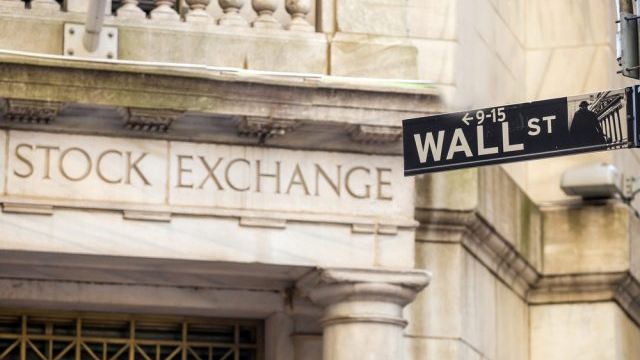iShares Russell Top 200 ETF (IWL)
| Assets | $2.03B |
| Expense Ratio | 0.15% |
| PE Ratio | 28.20 |
| Shares Out | 12.00M |
| Dividend (ttm) | $1.54 |
| Dividend Yield | 0.91% |
| Ex-Dividend Date | Dec 16, 2025 |
| Payout Frequency | Quarterly |
| Payout Ratio | 25.66% |
| Volume | 31,307 |
| Open | 168.54 |
| Previous Close | 170.10 |
| Day's Range | 168.43 - 169.40 |
| 52-Week Low | 118.75 |
| 52-Week High | 173.73 |
| Beta | 1.01 |
| Holdings | 204 |
| Inception Date | Sep 22, 2009 |
About IWL
Fund Home PageThe iShares Russell Top 200 ETF (IWL) is an exchange-traded fund that is based on the Russell Top 200 index, a market-cap-weighted index of the 200 largest US companies. IWL was launched on Sep 22, 2009 and is issued by BlackRock.
Top 10 Holdings
42.94% of assets| Name | Symbol | Weight |
|---|---|---|
| NVIDIA Corporation | NVDA | 8.63% |
| Apple Inc. | AAPL | 7.94% |
| Microsoft Corporation | MSFT | 5.94% |
| Amazon.com, Inc. | AMZN | 3.98% |
| Alphabet Inc. | GOOGL | 3.56% |
| Broadcom Inc. | AVGO | 2.96% |
| Alphabet Inc. | GOOG | 2.90% |
| Meta Platforms, Inc. | META | 2.86% |
| Tesla, Inc. | TSLA | 2.30% |
| Berkshire Hathaway Inc. | BRK.B | 1.85% |
Dividend History
| Ex-Dividend | Amount | Pay Date |
|---|---|---|
| Dec 16, 2025 | $0.43821 | Dec 19, 2025 |
| Sep 16, 2025 | $0.39056 | Sep 19, 2025 |
| Jun 16, 2025 | $0.3607 | Jun 20, 2025 |
| Mar 18, 2025 | $0.35171 | Mar 21, 2025 |
| Dec 17, 2024 | $0.40637 | Dec 20, 2024 |
| Sep 25, 2024 | $0.44859 | Sep 30, 2024 |
Performance
IWL had a total return of 16.57% in the past year, including dividends. Since the fund's inception, the average annual return has been 14.39%.
News

IWL: Too Concentrated To Consider At The Moment
The iShares Russell Top 200 ETF offers concentrated exposure to the largest 200 U.S. equities, with a tech-heavy tilt and higher risk than broader S&P 500 funds. Current macroeconomic risks—slowing gr...

IWL: The Biggest Of The Big
The iShares Russell Top 200 ETF (IWL) offers exposure to the largest 200 U.S. companies, providing a focused investment in established market leaders, especially in tech. With a low fee of 0.15%, IWL ...

IWL: Expensive Valuation Means Downside Risk Is High
iShares Russell Top 200 ETF has a high expense ratio compared to its peers. IWL has slightly outperformed the S&P 500 index in the past and is expected to continue outperforming due to its higher expo...

2 Questions: Length Of Recession, Near-Term Strategy Choices - Weekly Blog # 600
It is important to separate economic contractions, which we call recessions, and market crashes. Economic recessions have a much greater impact on investment portfolios than so-called stock market cra...










